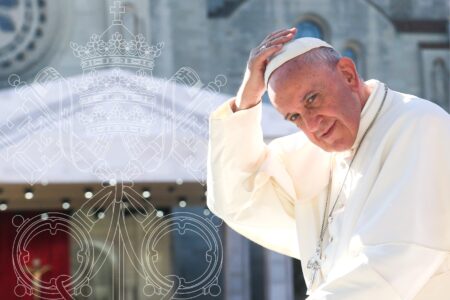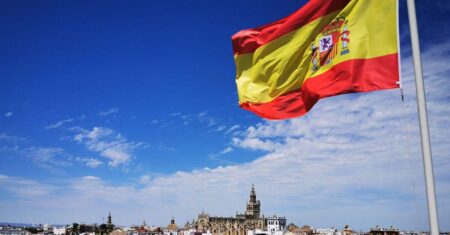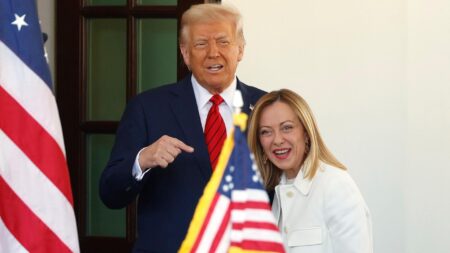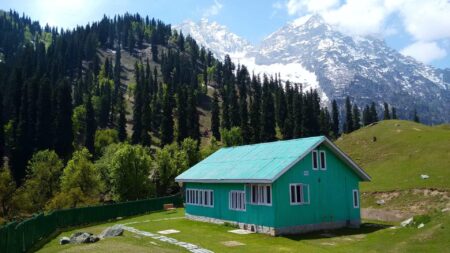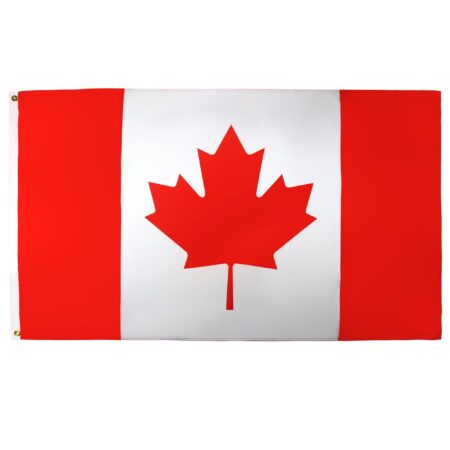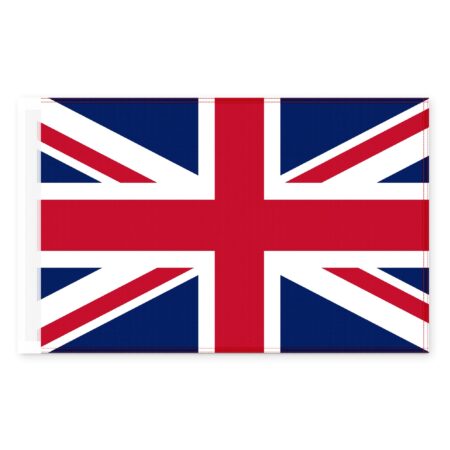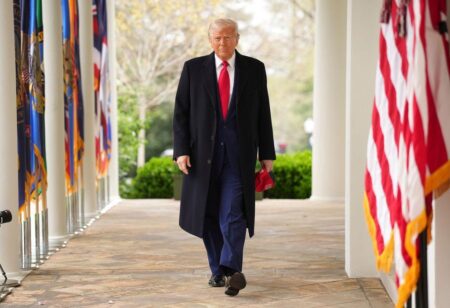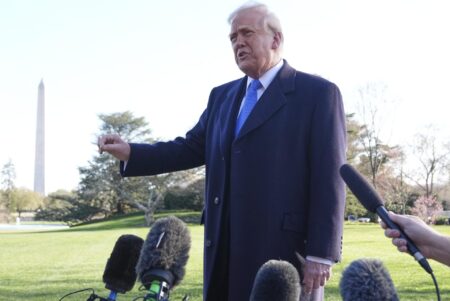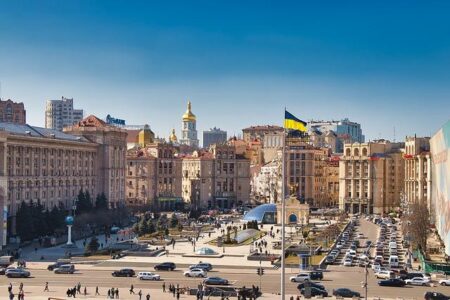In Argentina, the conversation surrounding Pope Francis’ legacy is heating up as many grapple with a pressing question: Why hasn’t he set foot back in his homeland? His absence ignites passionate debates about his influence, loyalty to his Argentine roots, and the intricate ties between faith and national identity.
Browsing: media analysis
In his latest remarks, Andrew Phillips emphasizes that Donald Trump’s ongoing criticism of Canada is a vital reminder of the complexities in U.S.-Canada relations. As tensions rise, this dialogue could serve as a much-needed wake-up call for both nations to reassess and refine their strategies moving forward
In a bold move, Spain has chosen to scrap its planned acquisition of Israeli-made bullets, responding to escalating internal pressure and widespread public outcry. This pivotal decision underscores the rising unease surrounding arms sales and the ethical dilemmas tied to military supplies.
In a captivating exploration, The New York Times uncovers the relentless devotion needed to win over former President Donald Trump. Essential tactics involve constant admiration and visible loyalty, which are reshaping the landscape of contemporary Republican politics
In a dramatic turn of events surrounding the Pahalgam attack, Pakistan has branded the incident a “false flag operation,” implying it was strategically designed to shift focus away from the rising regional tensions. This assertion highlights the intensifying rhetoric enveloping Kashmir, adding another layer of complexity to an already volatile situation
A recent ruling in the UK has sparked fresh debates over the legal definition of ‘woman,’ reigniting discussions around same-sex spaces and gender identity. This pivotal decision is set to influence policies across multiple sectors, igniting conversations about inclusivity and individual rights that are more relevant than ever
In Canada’s French-language election debate, party leaders passionately confronted urgent issues such as climate change, healthcare, and immigration. As tensions escalated over economic policies, candidates launched pointed critiques at one another, underscoring the high stakes of this election for voters
As Britain charts its course through the complex waters of post-Brexit trade negotiations, the allure of striking a deal with the Trump administration poses a significant challenge. Experts caution that yielding core values in exchange for economic benefits could jeopardize the UK’s esteemed global reputation and ethical integrity.
Australia’s conservative party leader faces mounting challenges as ties to Donald Trump become a growing liability. Critics argue that his alignment with the former U.S. president jeopardizes the party’s appeal amid evolving voter sentiments.
In a striking parallel, the tactics utilized by Donald Trump and the German government to suppress pro-Palestine activism reveal a shared approach to criminalize dissent. This strategy raises concerns over free speech and the right to protest in democratic societies.
In a recent appearance, Alberta Premier Danielle Smith attempted to clarify Pierre Poilievre’s political stance to an American audience. Her explanations inadvertently resonated with Canadians, sparking discussions about leadership and national identity amidst evolving political dynamics.
Donald Trump’s recent actions and rhetoric may be inadvertently bolstering liberal sentiments in Canada. His controversial policies and divisive statements are energizing progressive movements, creating a rallying point for Canadian liberals as they seek to differentiate their values from his administration.
In a recent episode of his podcast, Joe Rogan expressed his views on potential U.S. expansion, clarifying he doesn’t see Canada as a candidate for statehood. However, he did suggest that a different nation could be more suitable for becoming the 51st state.
Recent discussions have emerged around the U.S. approach to destabilizing nations, with new claims suggesting that its actions in Canada are unusually open. Analysts debate whether this represents a new strategy or a calculated misinformation campaign.
Eduardo Elsztain, a prominent Argentine businessman, is gaining attention for his close relationship with Javier Milei, the country’s controversial political figure. As a key advisor, Elsztain’s influence may shape Milei’s economic policies and future reforms in Argentina.
In his latest piece for The Guardian, Paul Daley critiques Australia’s unwavering sycophancy towards Donald Trump, arguing that this blind allegiance threatens the nation’s diplomatic integrity and moral standing on the global stage.
“How the film I’m Still Here forces Brazil to face a dictatorship’s legacy – Al Jazeera English” explores the emotional impact of the documentary. It challenges audiences to confront the lingering scars of Brazil’s military rule and the unresolved trauma affecting society today.
In “The Leopard,” Giuseppe Tomasi di Lampedusa deftly critiques the super-rich and their strategies for maintaining power. Through the story of a Sicilian prince, the novel reveals the elite’s manipulation of societal change to safeguard their privileges, offering timeless insights into wealth and class.
Many Chinese observers perceive a cultural revolution unfolding in the United States, marked by heightened political polarization, social justice movements, and shifting norms. This evolving landscape prompts reflections on their own societal dynamics and values.
In a recent article, Le Monde highlights the troubling implications of an American president echoing Russian propaganda regarding the ongoing war in Ukraine. This alignment raises concerns about the integrity of foreign policy and its potential to bolster Russian narratives.

